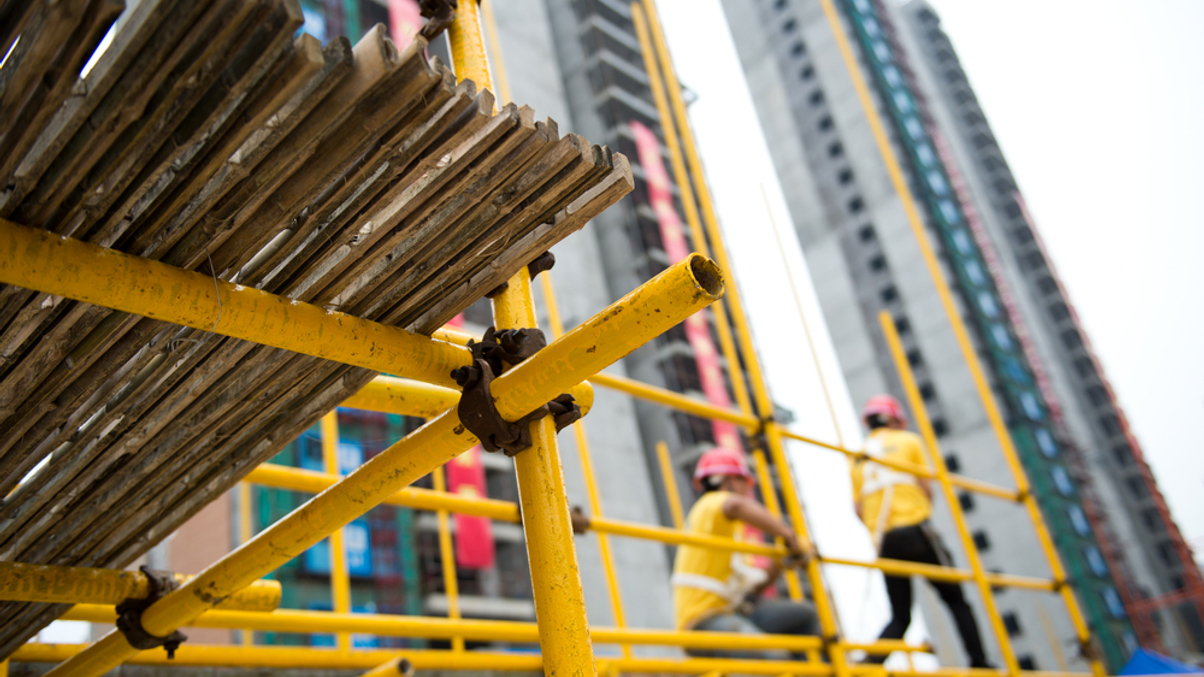Opinion: It is dangerous to underestimate China’s property crisis
More profound issues beyond the liquidity crisis of property developers include Chinese residents’ impaired confidence in the housing market and the slowing home sales dragging economic growth.

Since China’s economic boom started, there has been a common saying that glamorous Tier-1 cities only make up a small part of the Chinese narrative, and that the real China secretly unfolds itself in smaller Tier-3 cities and even villages in the countryside.
Sign in to read on!
Registered users get 2 free articles in 30 days.
Subscribers have full unlimited access to AsianInvestor
Not signed up? New users get 2 free articles per month, plus a 7-day unlimited free trial.
¬ Haymarket Media Limited. All rights reserved.


